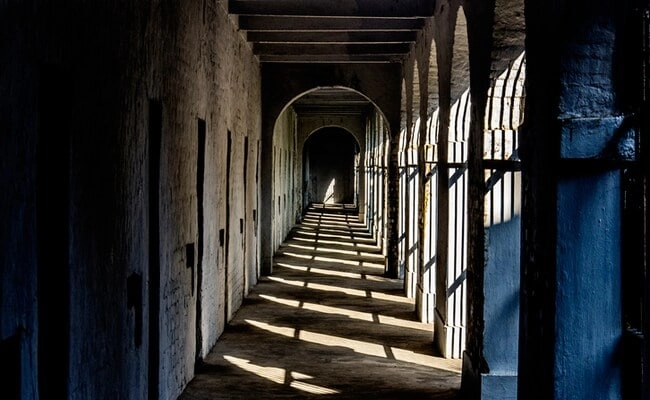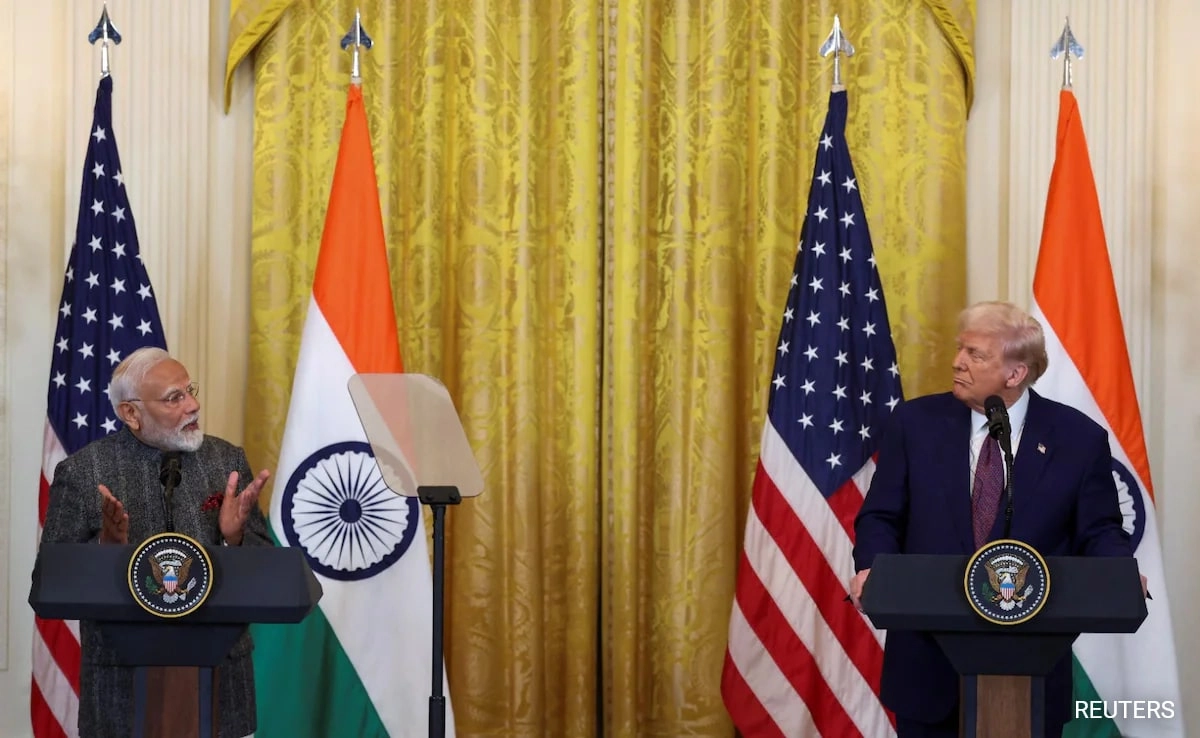Two Pakistani nationals continue to languish in jails in Telangana, India, after their home country has declined to accept their deportation. These individuals were apprehended for illegal entry into India, a common issue that arises due to the porous borders and ongoing tensions between the two nations. Their situation highlights not only the complexities of international relations but also the challenges faced by both countries in managing cross-border issues.
The refusal of Pakistan to accept its citizens raises significant questions regarding diplomatic relations and the responsibilities of nations toward their citizens abroad. Each country typically has a duty to assist its nationals, but in this case, political tensions may be complicating the repatriation process. The plight of these two men serves as a reminder of the human element at the heart of immigration laws and border control policies, often overshadowed by the broader geopolitical narratives.
As they remain in custody, the Pakistani nationals have expressed their desire to return home, yet their fate hangs in the balance due to the lack of diplomatic engagement on this matter. This situation not only affects the individuals involved but also places a strain on the local judicial system and prison resources in Telangana. The longer they remain incarcerated, the more complicated the legal and humanitarian implications become, raising concerns about their rights and well-being during their extended confinement.
The case underscores the urgent need for improved communication and cooperation between India and Pakistan, especially regarding issues of illegal immigration and the treatment of detainees. The international community may also play a role in facilitating dialogue that could lead to a resolution. Ultimately, the story of these two men illuminates the broader challenges faced by many individuals caught in the crossfire of national policies and international relations.




